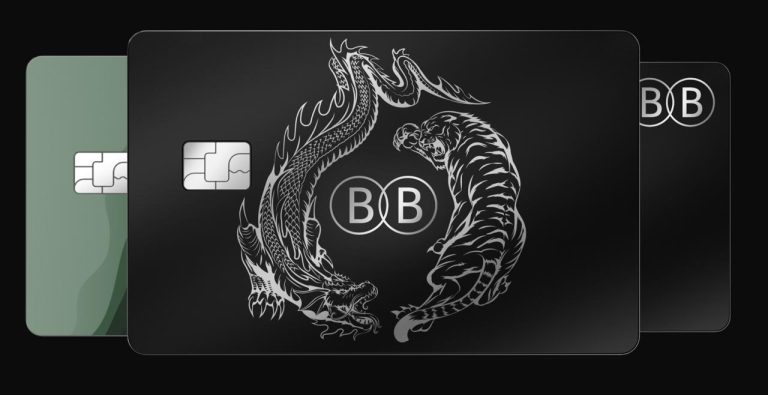
Retirement planning is determining your goals for when you retire and creating a plan for reaching those goals. It includes identifying income sources, setting up a savings plan, reducing expenses, managing assets, etc. While you can start anytime, financial planning should be done as early as possible. That is the best way to ensure a safe and secure retirement.
That being said, there are various options for small business owners. You may have more options than you think. What is more, strategically made plans have tax advantages for both employees and employers. Given you are a business owner, you may not know of all the helpful hacks to decrease your tax obligations. It is recommended that you get professional assistance from Padgett Business Services.
Retirement options for small business owners
- Employer-sponsored plans.
If you do not want to set up retirement accounts separately for your employees or do not find it convenient to do so, you can still help them save for retirement. You can do this by taking some money from their paycheck and putting it into an IRA. The employee can make the decision about how much they want to save and when. Instead of putting a big chunk of money into your savings account, employees only have to put small amounts monthly.
- A Simplified Employee Pension (SEP).
A SEP is another type of retirement savings account, similar to an IRA. Employees can contribute 25% of their income with a limit of $69,000. As a small business owner, you can make tax-deductible contributions to your employees’ accounts. They won’t have to pay any taxes when they withdraw the money in retirement. This is one of the flexible options, as almost any business can set up a SEP.
- SIMPLE IRA Plans.
A SIMPLE IRA plan is a retirement savings option for small businesses with up to 100 employees. Employees can contribute a percentage of their salary, with a maximum of $16,000 in 2024 ($19,500 for those 50 or older).
Employers are required to match contributions up to 3% or provide a fixed 2% contribution. The setup process is easy, with low administrative costs, and employees can choose their investment options.
- IRAs and solo 401(k)s.
Offering retirement plans like SIMPLE IRAs or SEP IRAs can help attract good employees. However, if you do not want to provide retirement benefits, you can save for your own retirement through a Roth or traditional IRA. You contribute your after-tax dollars and do not have to pay taxes when you withdraw the money later. You can also consider a solo 401(k) if your business does not have an eligible employer other than your spouse.
If you own a small business and are looking to secure your retirement, get help from a professional today!




